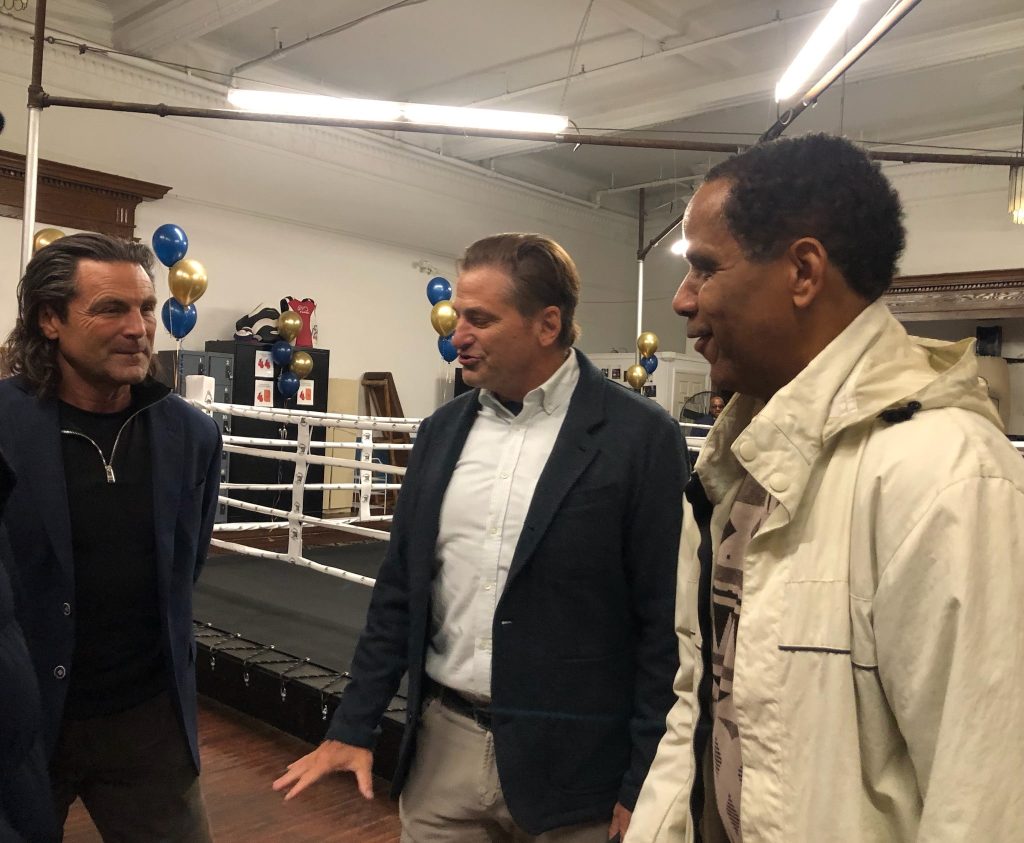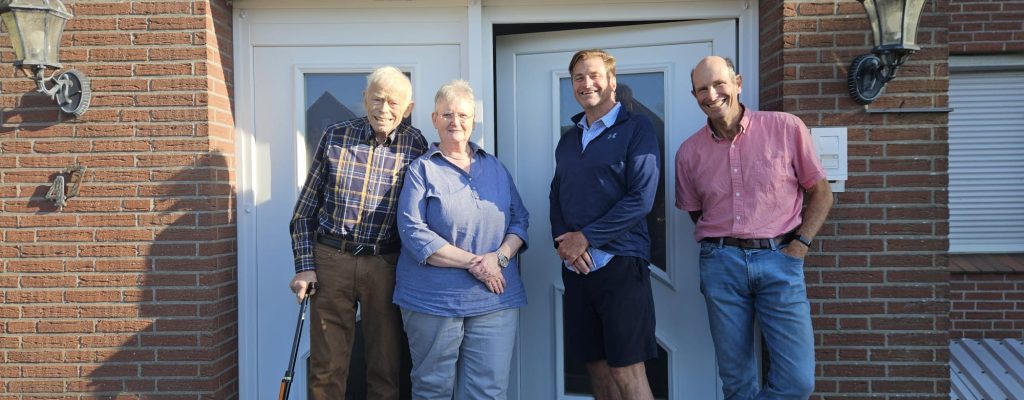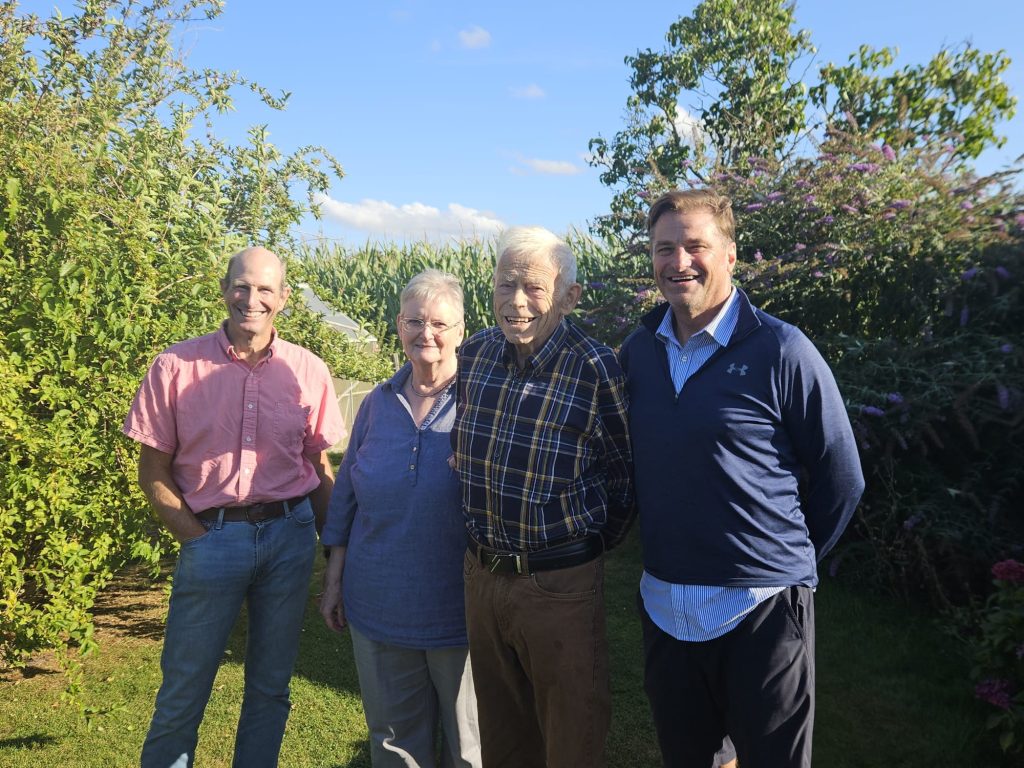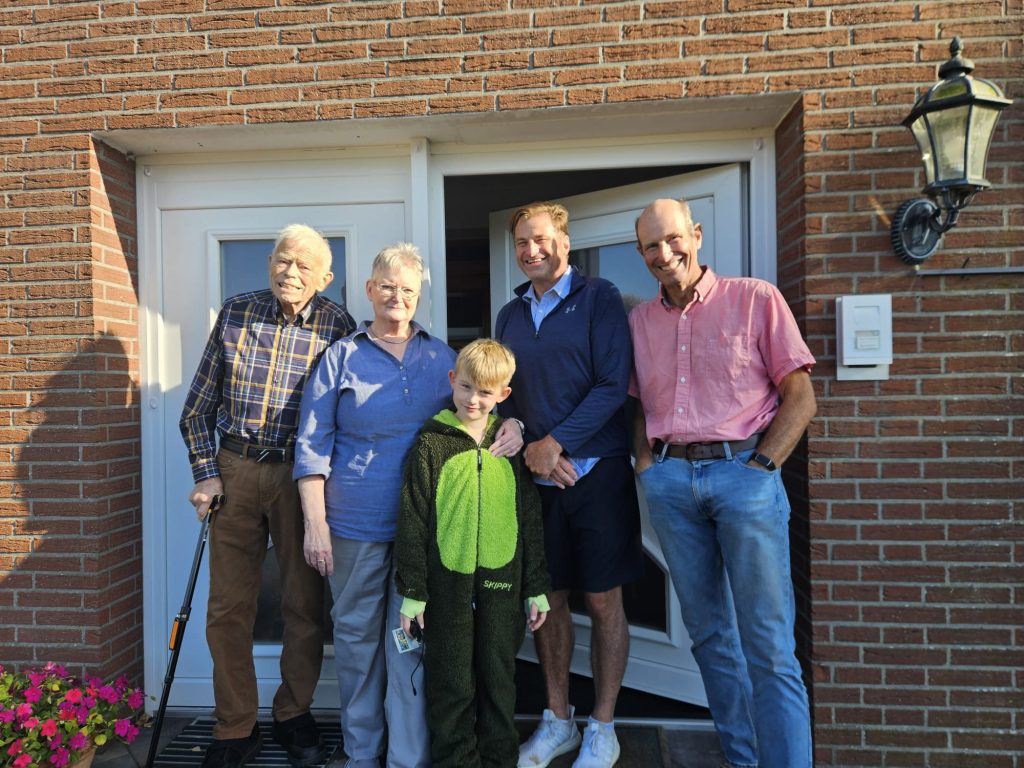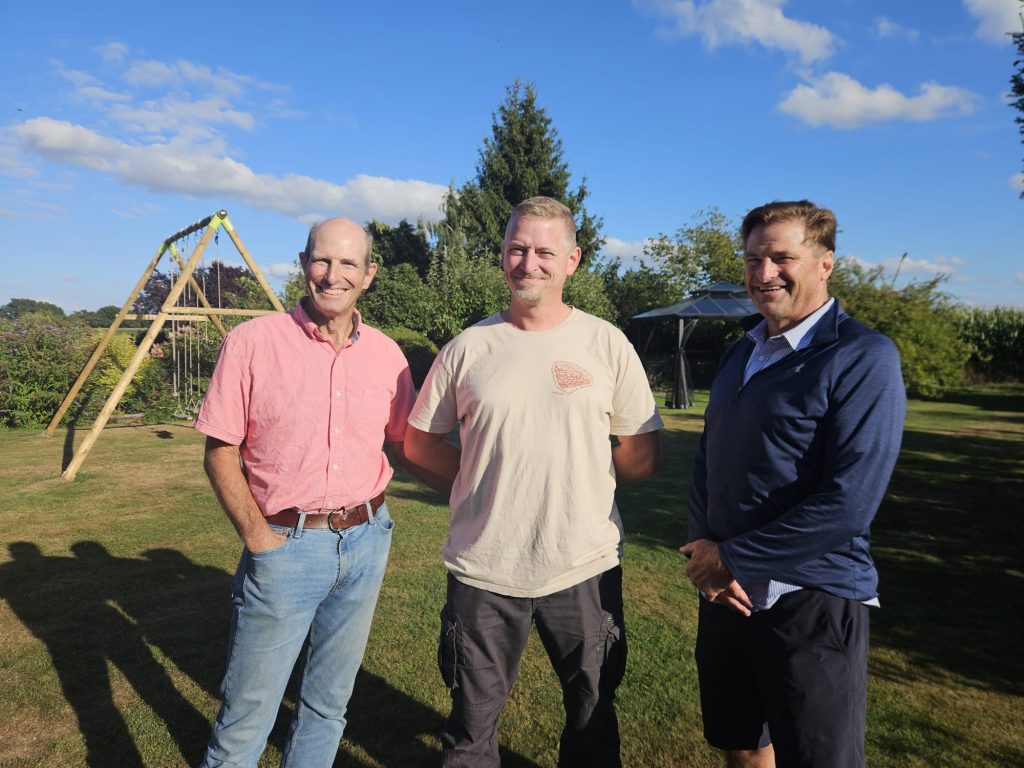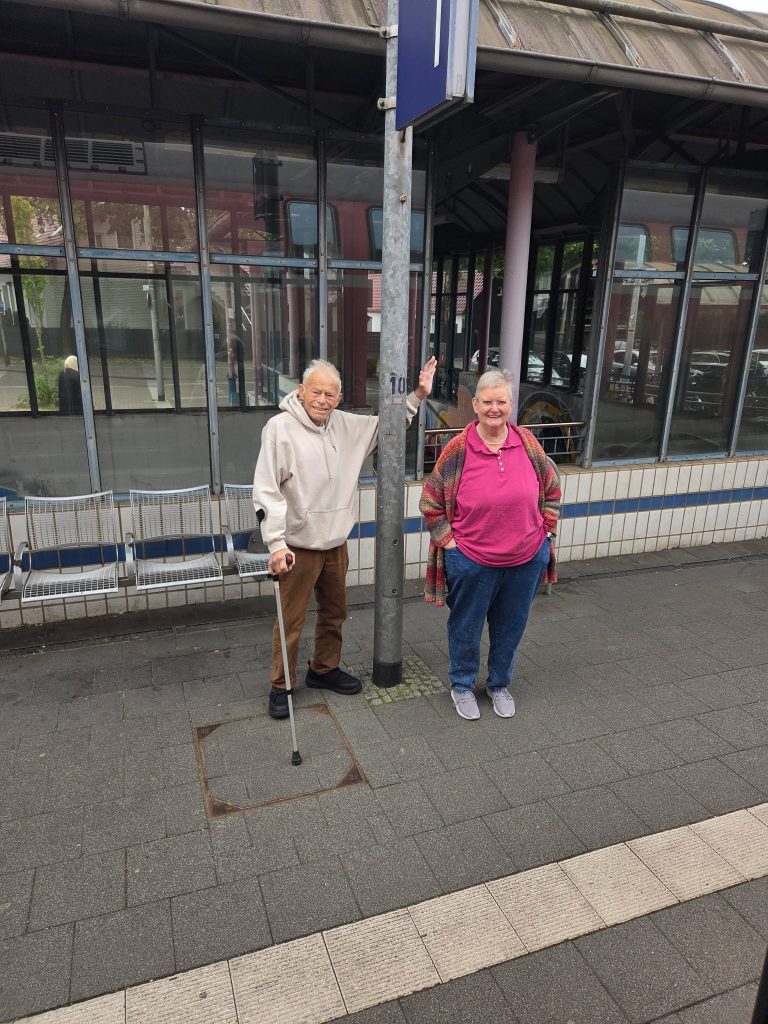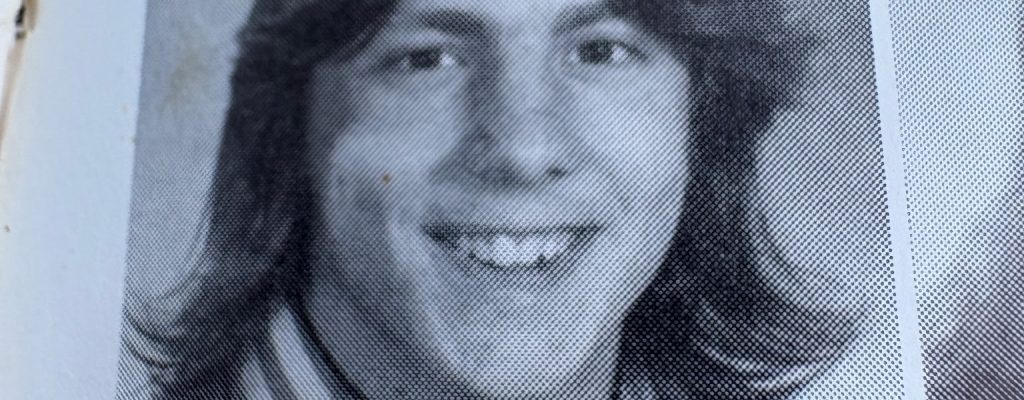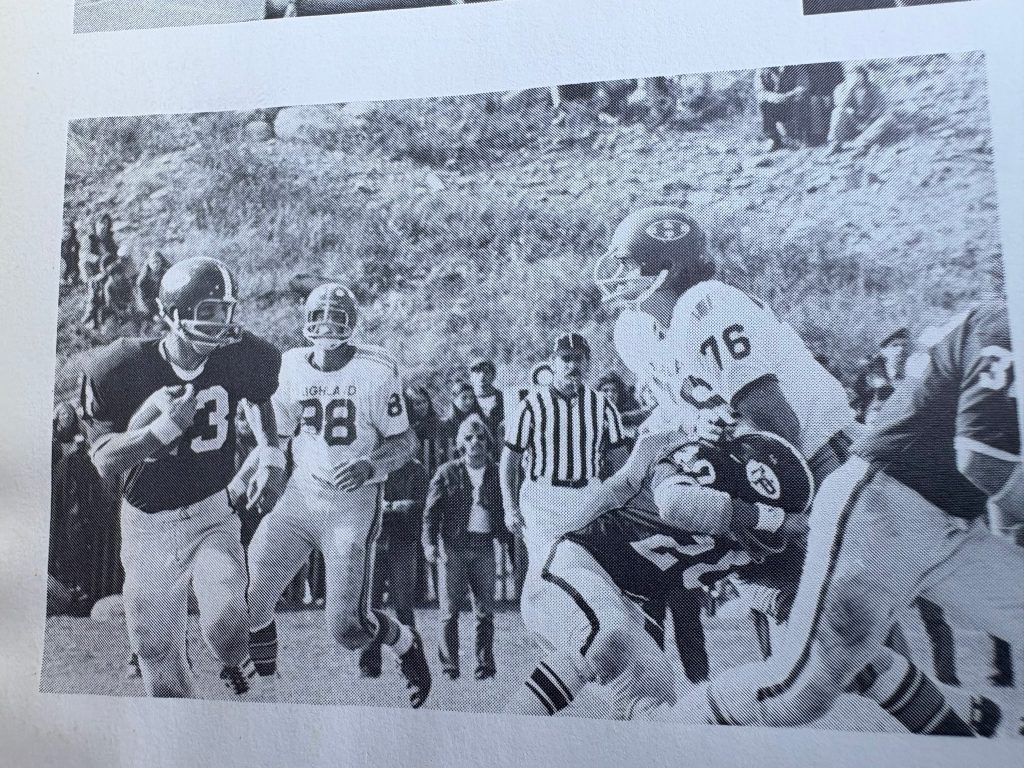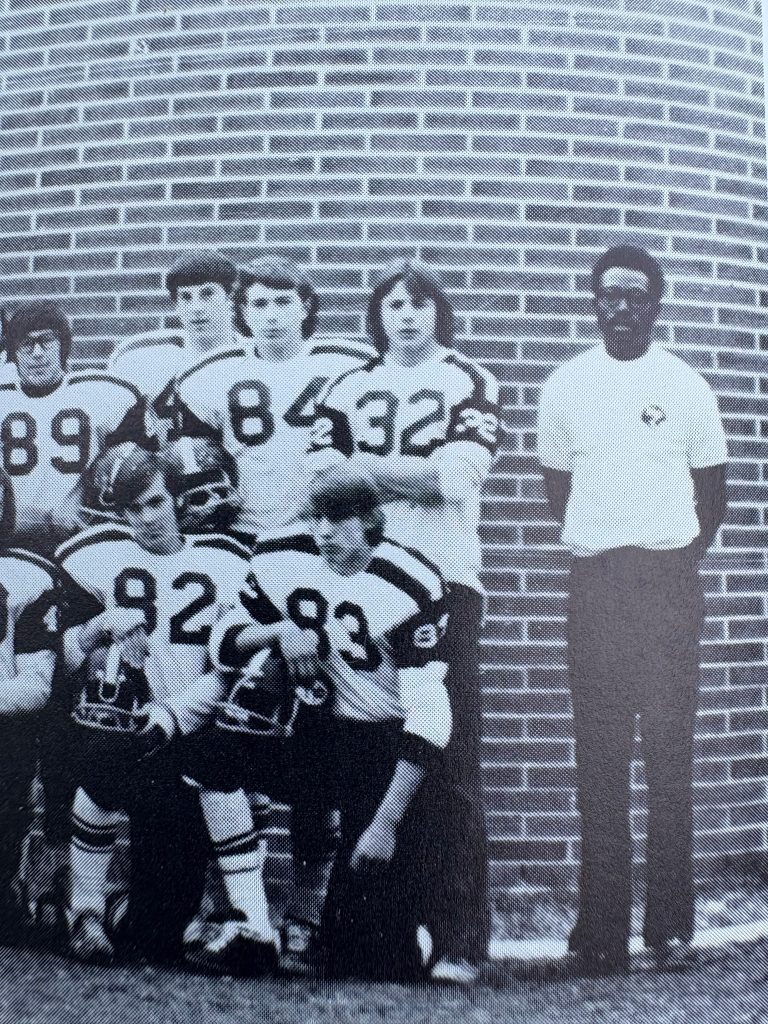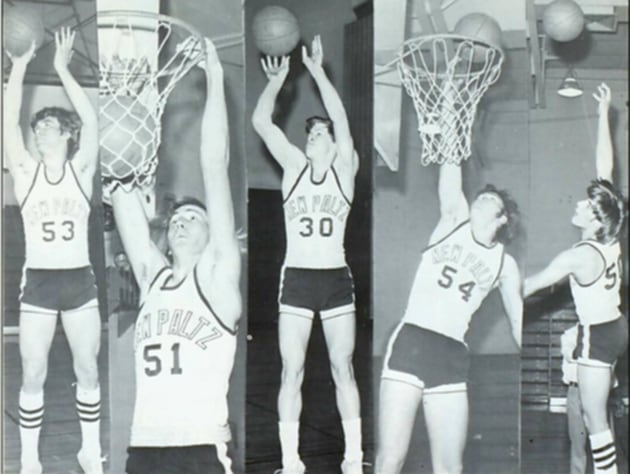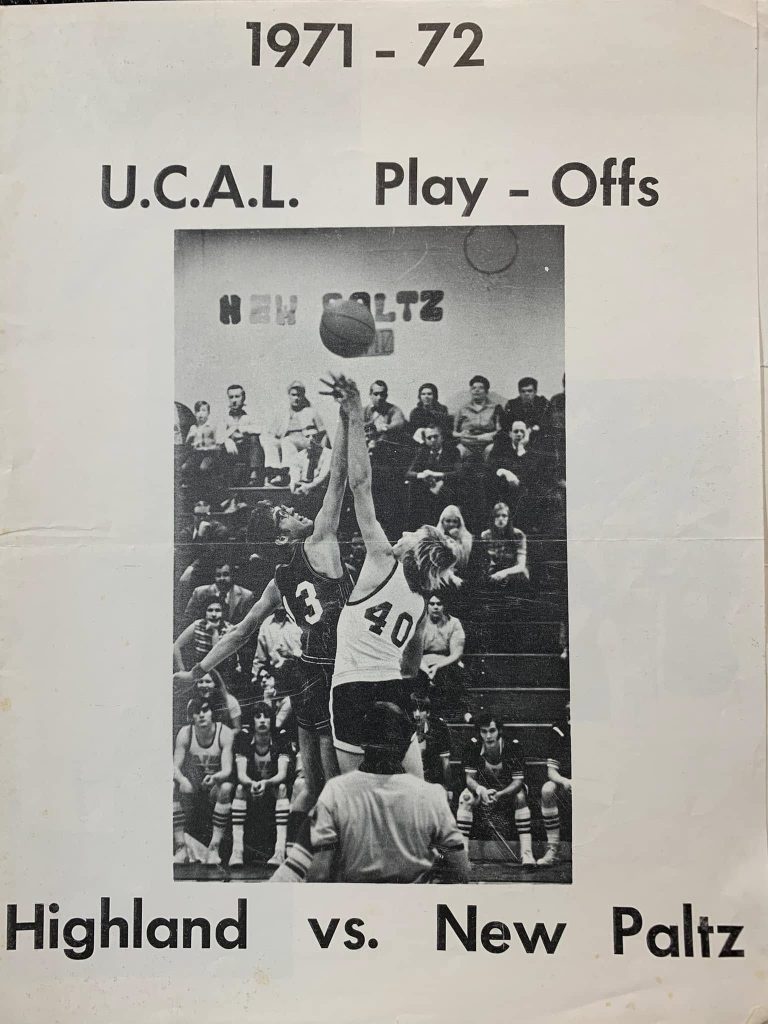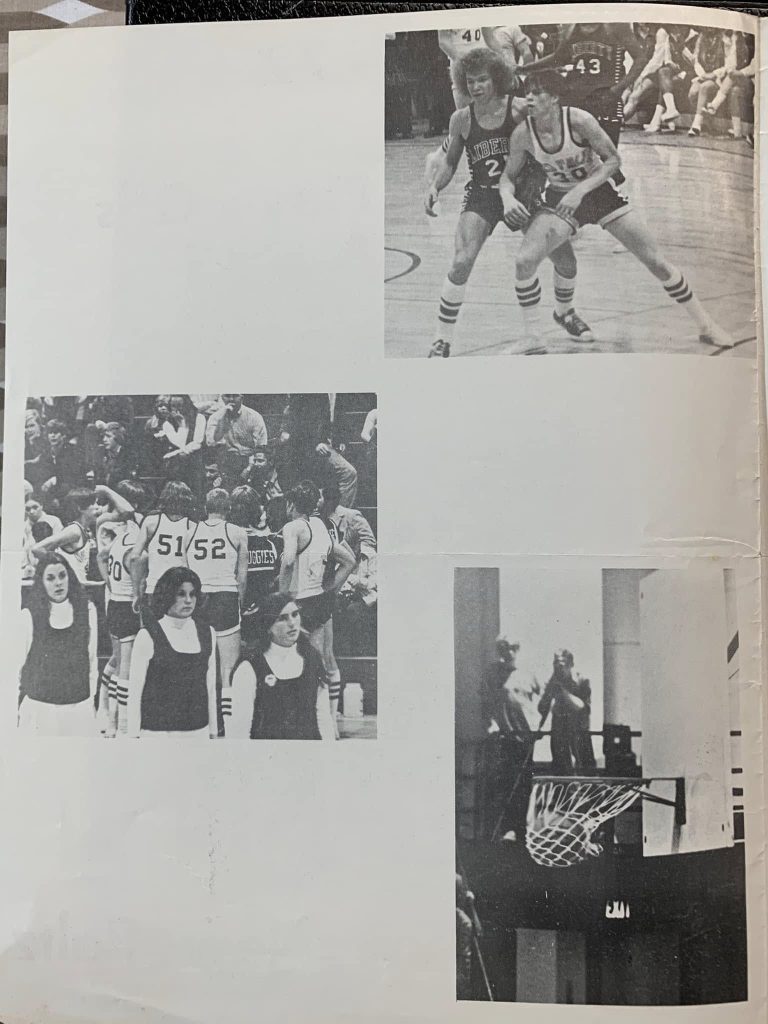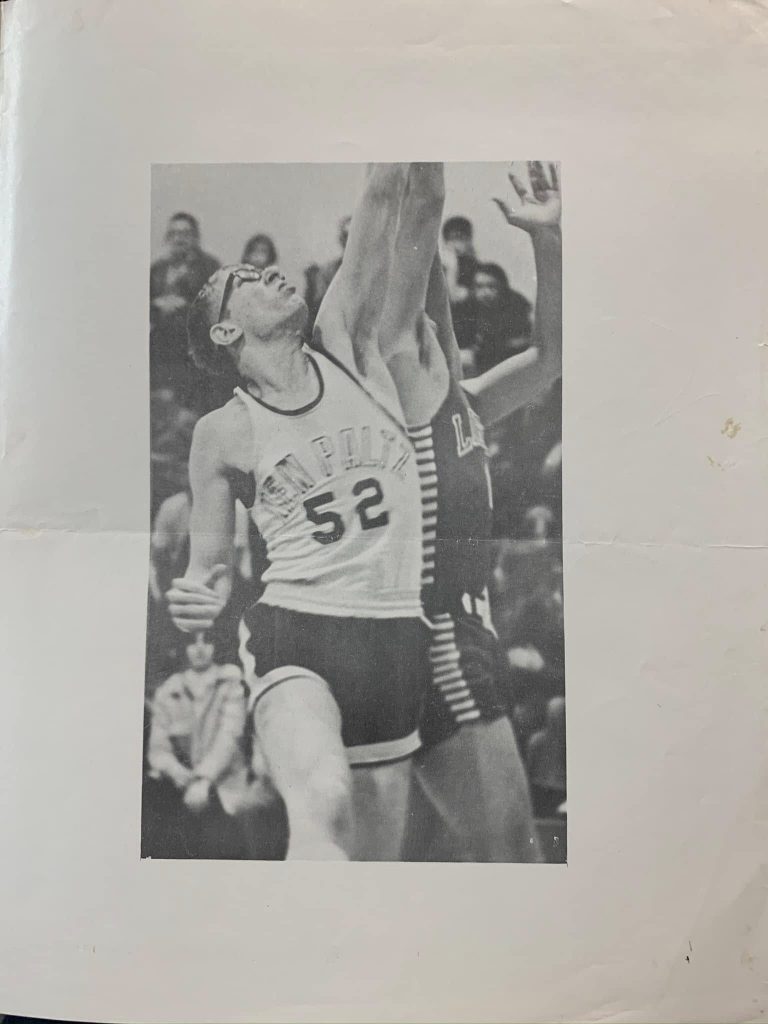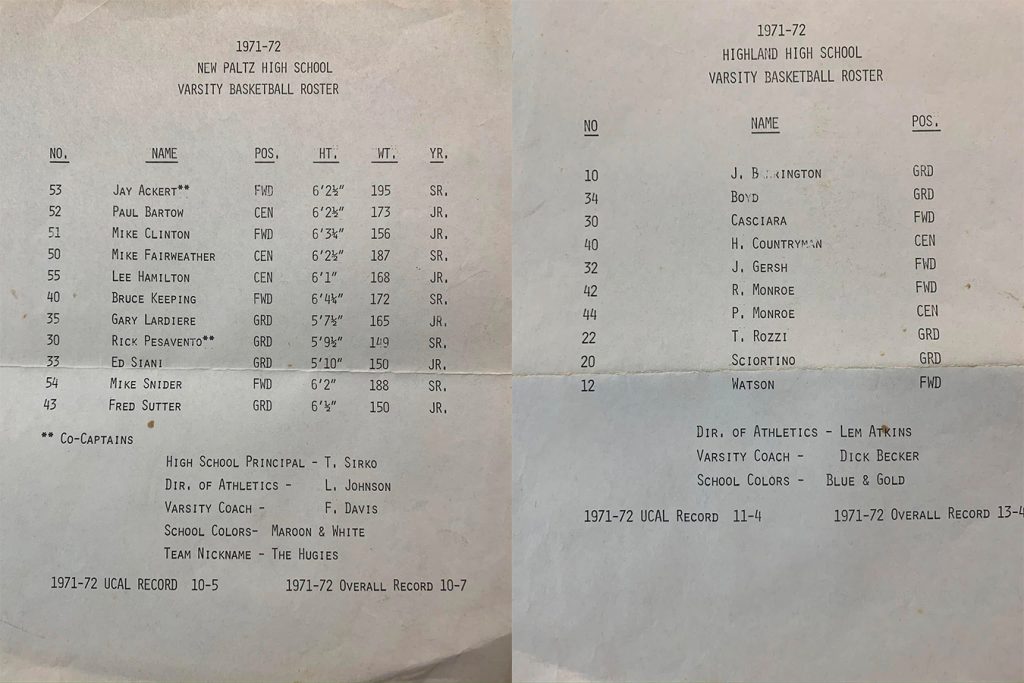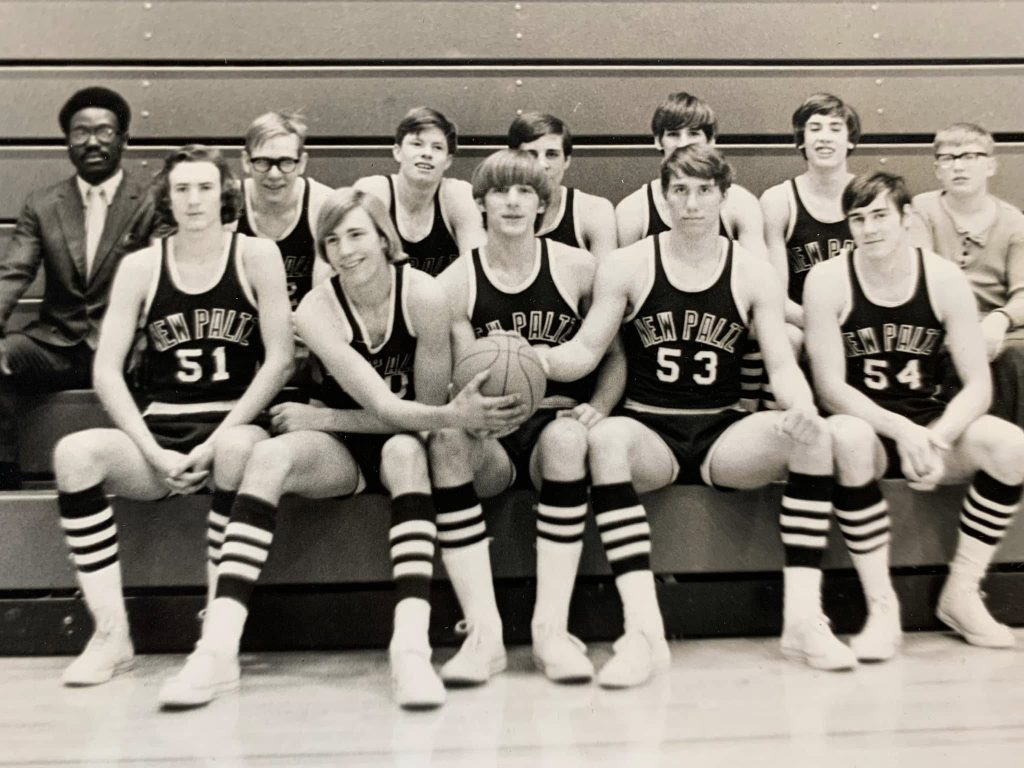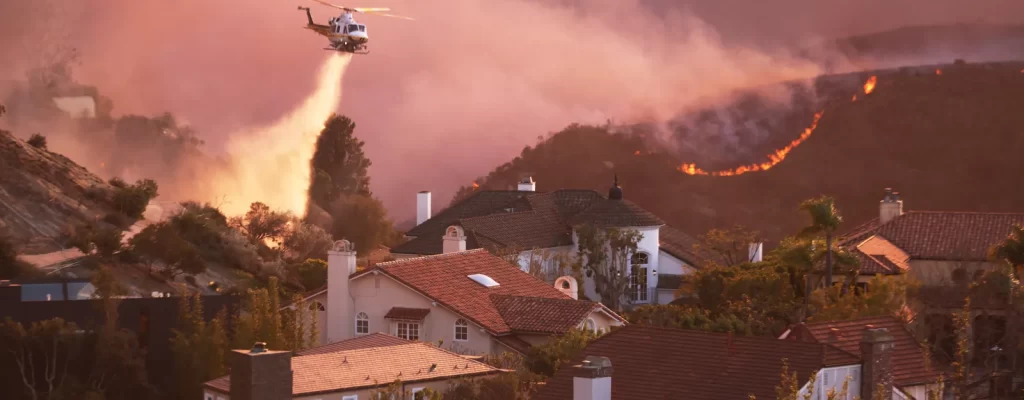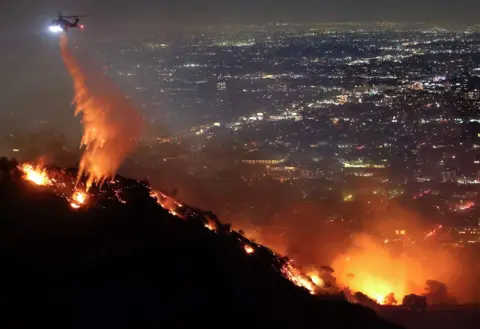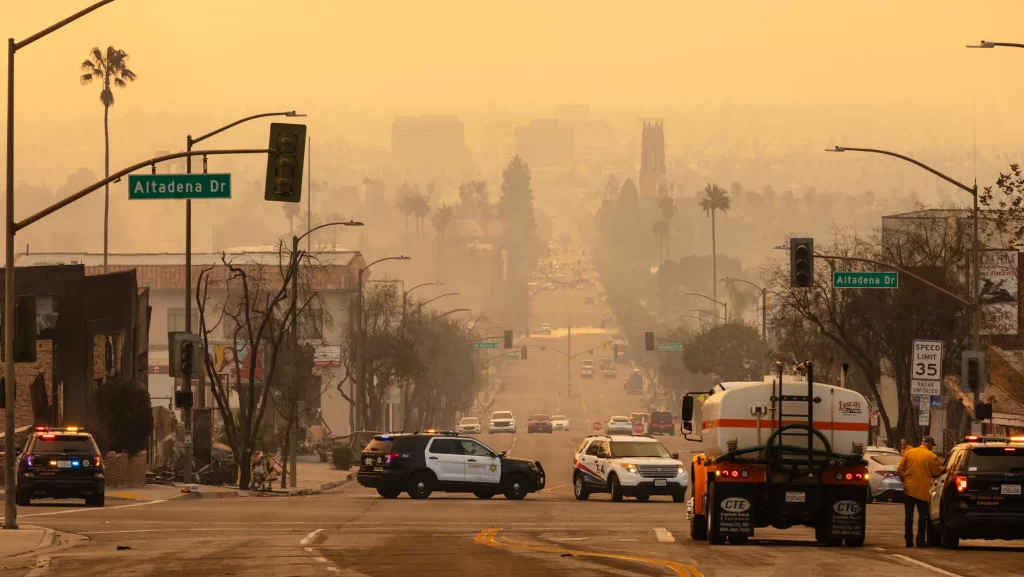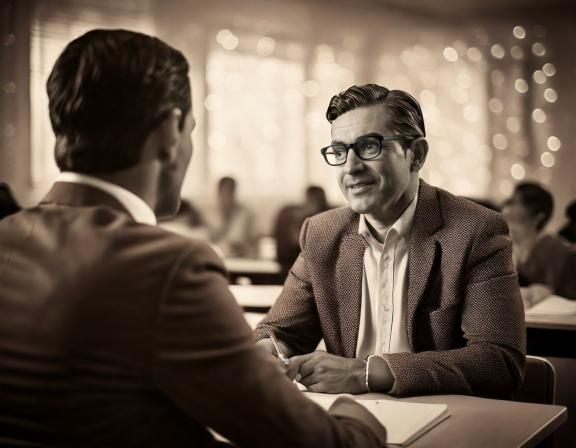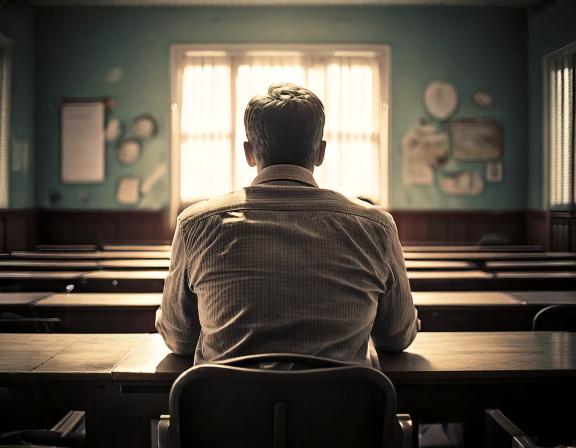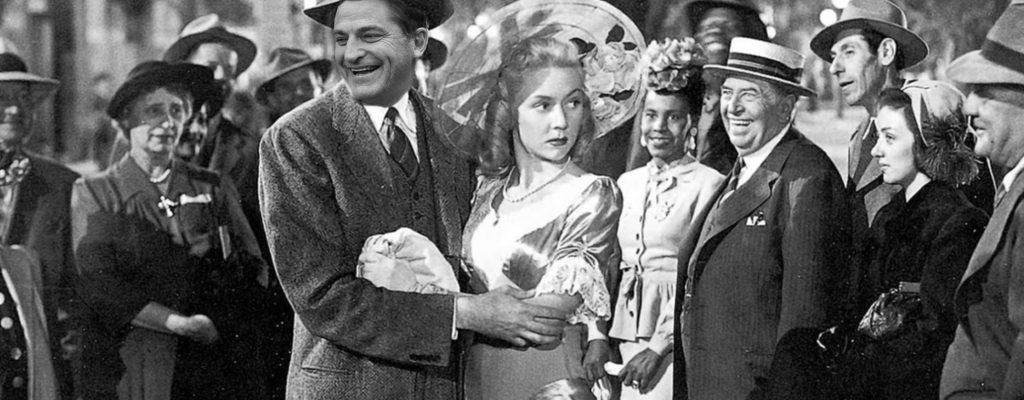Catskill New York, a sleepy little village 120 miles north of Manhattan is known for Rip Van Winkle, its spectacular mountain range, and in recent years, as the place “Iron” Mike Tyson was bred.
Last Saturday, November 1, 2025 Tyson came home to Catskill. He was there to pay tribute to Cus D’Amato, his trainer and his mentor.
It is now called the “Cus D’Amato Gym”.
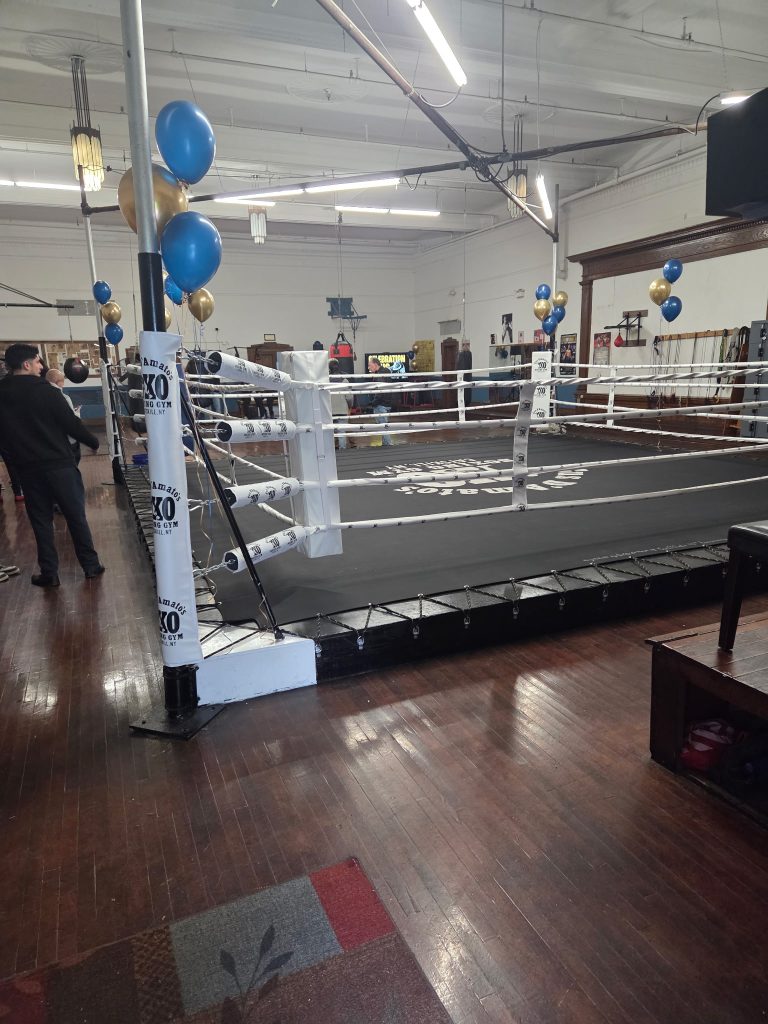
It is located above the Catskill Main Street Police Precinct.
On a gray November morning the boxing greats from past and present were there to pay tribute to Cus. To remember the past and to echo in the future.
It was Halloween night. I was standing on my front porch handing out candy and trolling my endless stream of Facebook algorithms. These days my algorithms are filled with old film clips of Germany in the 1930’s, songs of the seventies, and heavyweight boxers.
CUS D’AMATO DAY : CATSKILL NEW YORK NOVEMBER 1, 2025
HOSTED BY FORMER CATSKILL RESIDENT MIKE TYSON
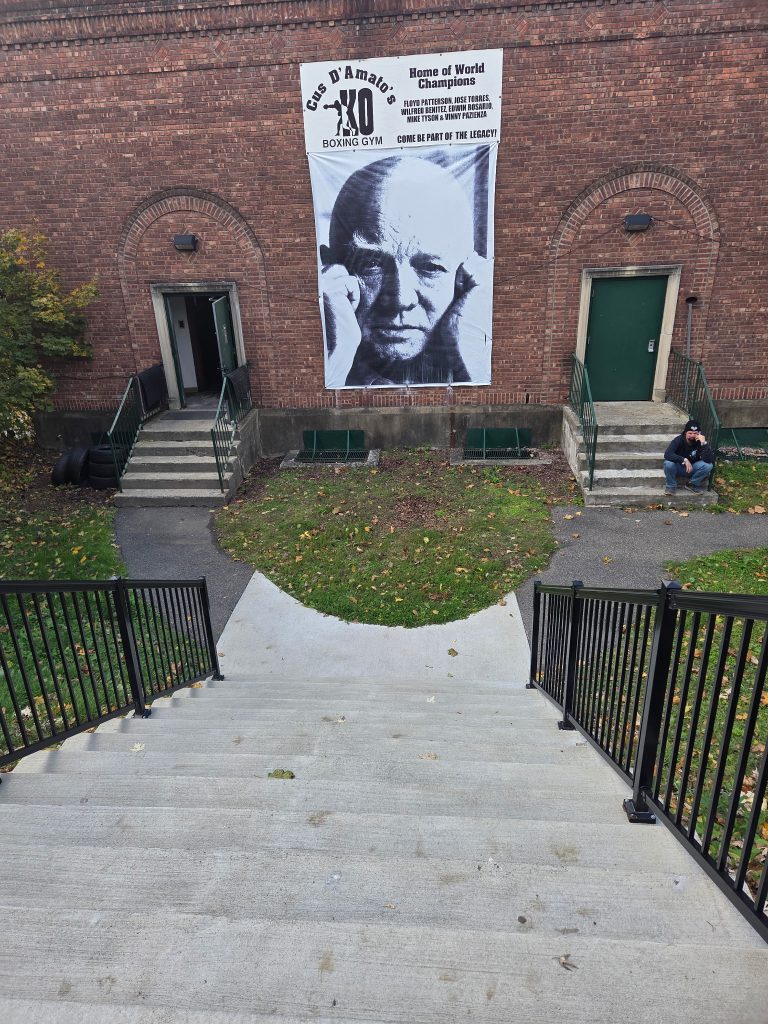
It grabbed my attention, but it had fake news written all over it. Nevertheless, I found myself heading north Saturday morning along New York State 87, on what I am fond of calling an adventure. The police station in Catskill is located at the North end of ‘Main Street’. A large crowd was gathered 100 yards south of the entrance to the Catskill Police precinct. I walked in the front entrance way and was greeted by the morning dispatcher.
’Is this where the Cus D’Amato/Mike Tyson event is being held today,” I asked tentatively.
The young female officer looked at me with a friendly smile.
”I do not know anything about it. But I do know the entrance to the gym is in the back of the building. Exit the building and walk south to the next block and you’ll see it,” said the officer taking a sip from her java as she nodded and wished me luck.
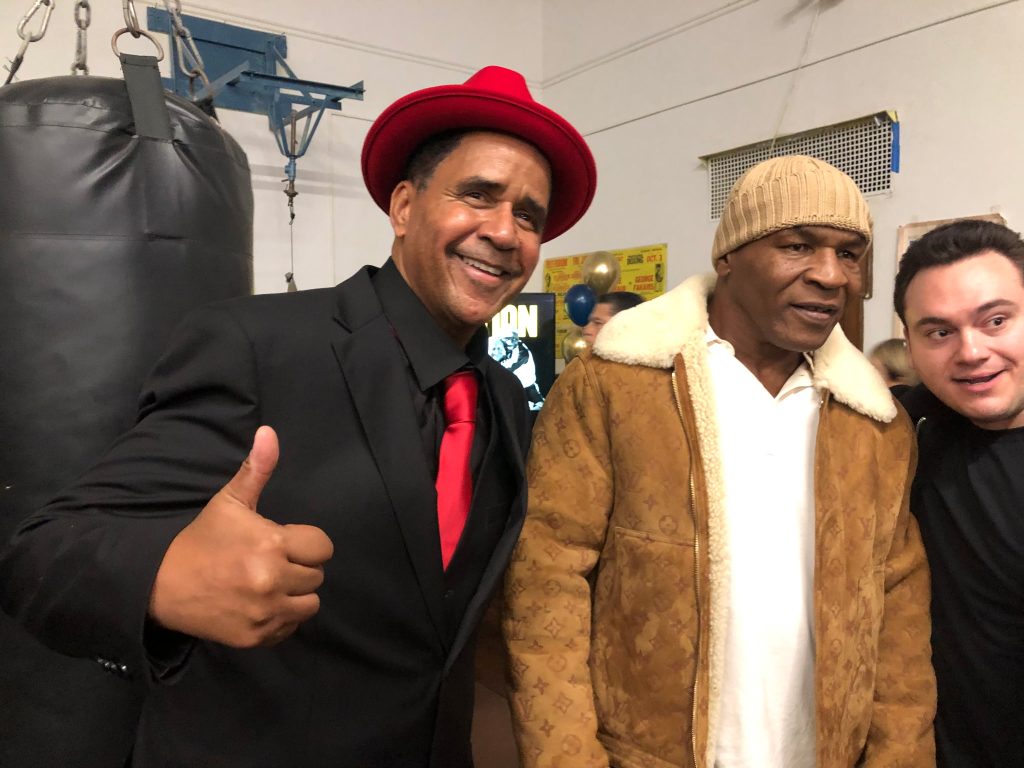
I walked south on Main Street, and then through a back alleyway, around some nooks and crannies on what seemed like a very long journey for “around the back”.
There it was. A large mural of Cus D’Amato entirely in the open, yet curiously hidden. There was no doubt the painting covering most of the large brick back wall was where the ceremony would eventually be held. I noticed a crack in the lone door under D’Amato’s picture. All of a sudden, I knew this wasn’t fake news. All of D’Amato’s children and all the fighters he trained were returning to honor the legend of Cus D’Amato, including his most famous pupil Mike Tyson.
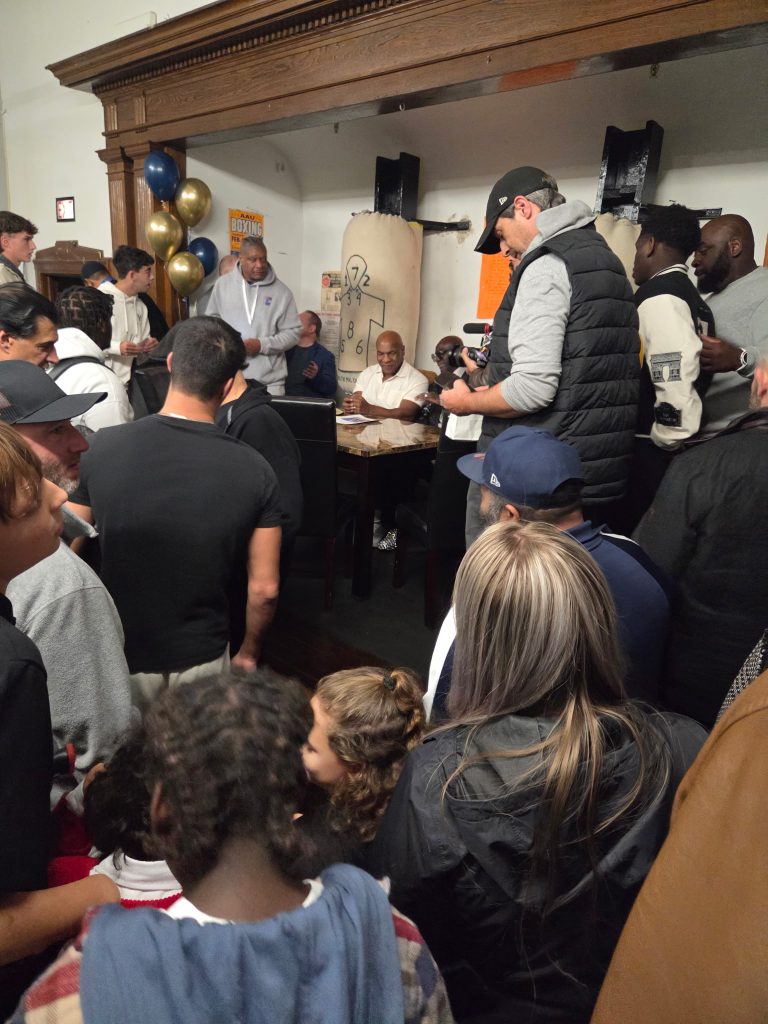
Cus D’Amato had been a promising young fighter who ironically injured his eye in a street brawl that hampered any potential professional career. As time went on it turned out D’Amato had a keen eye for talented young boxers. The old man whose face was staring at me from a brick wall had trained two young men who would go on to win boxing’s most coveted belt: the heavyweight champion of the world. The first big time fighter D’Amato took into his corner was Floyd Patterson. D’Amato discovered Patterson as a wayward kid from Bed-Stuy Brooklyn with lightening quick hands. As the years passed it became apparent in the boxing community that greatness came through Cus D’Amato’s gym in Catskill New York.

It was in 1980 that D’Amato watched a 12-year-old Mike Tyson spar for five minutes and was immediately convinced the kid had the makings of a champion. A year later D’Amato took the young boy home to Catskill NY where he became Mike’s mentor, father figure, and creator of one of the greatest boxing legends in the history of organized fighting.
The legend of “Iron Mike” is already written into lore. The blood, sweat, and ears that Tyson left in the ring in the 1980’s and 90’s, the wrecking ball of the fighter Tyson became was put together in this small gym at the end of the Main Street in Catskill New York.
It was about 1:30 pm in the afternoon on a cool November day. Mike Tyson was on the street signing for the kids who had come from all parts of the Hudson Valley to see the champ. Upstairs in the quiet gymnasium, a small gathering of former boxing greats and dignitaries were mingling waiting to honor the memory of Cus D’Amato, waiting for his greatest protégée. Yes, they were there to see Tyson. The buzz I could hear “there would not have been a Mike Tyson without Cus D’Amato”. From my corner seat looking through the dangling ropes, I could see Gerry Cooney, Tony Marshall, Tom Patti, Andy Schott and Bobby Stewart; the man who brought D’Amato and Tyson together. By 1:45 Tyson and his entourage were making their way up the stairs to entertain an intimate group of confidantes and longtime supporters of the D’Amato/Tyson connection. As Mike made his rounds I anchored down in my ring side seat and took in the show.
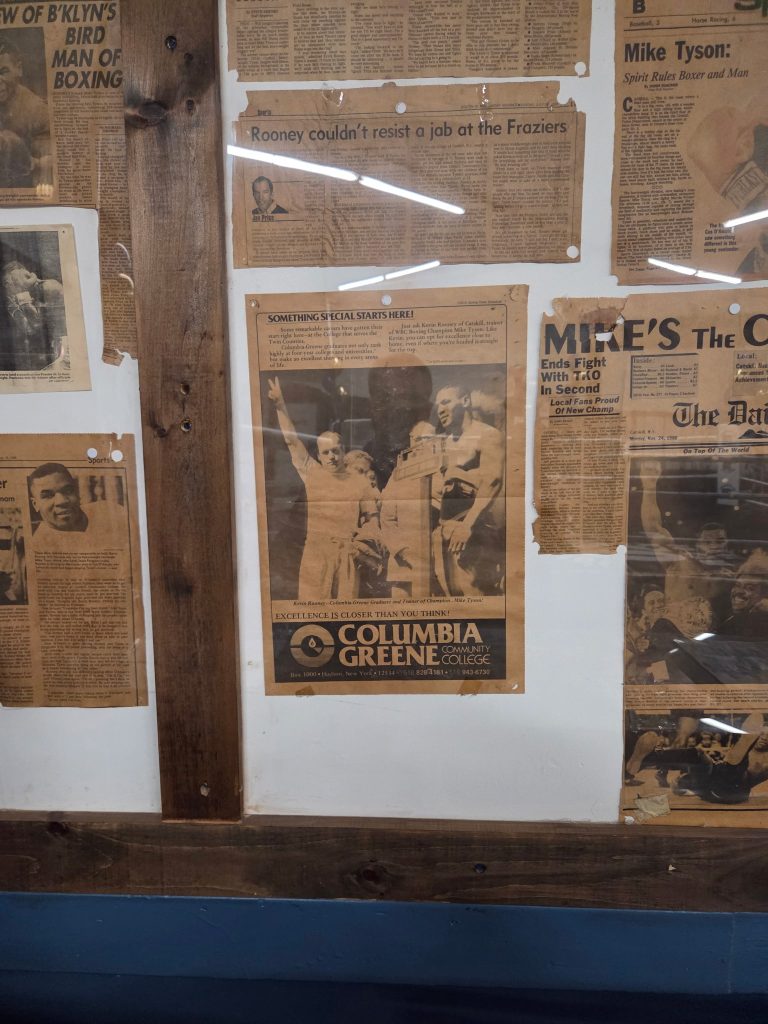
Surrounding me were walls filled with pictures of the warriors who had fought in so many battles. They were gathered today to pay respect to the man who trained them. All of the photos had one thing in common; they were of all the protegees of the late Cus D ‘Amato standing behind a big punching bag, like a Yoda master casting his spell over the young men he trained. Today the old student was honoring the mentor. Mike Tyson had come all the way back to where his dream was fostered. Tyson, the kid from the hard streets of Brooklyn, was sent upstate to a boys’ detention facility where destiny was calling him. A man named Bobby Stewart, already legendary in the boxing Community, was a trainer at a Boys Detention Prison in Connecticut and close confidant to the wizard performing his work in Catskill New York: Cus D’Amato. Stewart saw the hand speed and “peek-a-boo” style that reminded him of Flolyd Patterson. The rest is history.
As the gathering of about 100 people waited for the tribute speeches to begin I couldn’t help but notice a young man inside the ring. He was not more than nine or ten years old ready to spar in front of “Iron” Mike Tyson.
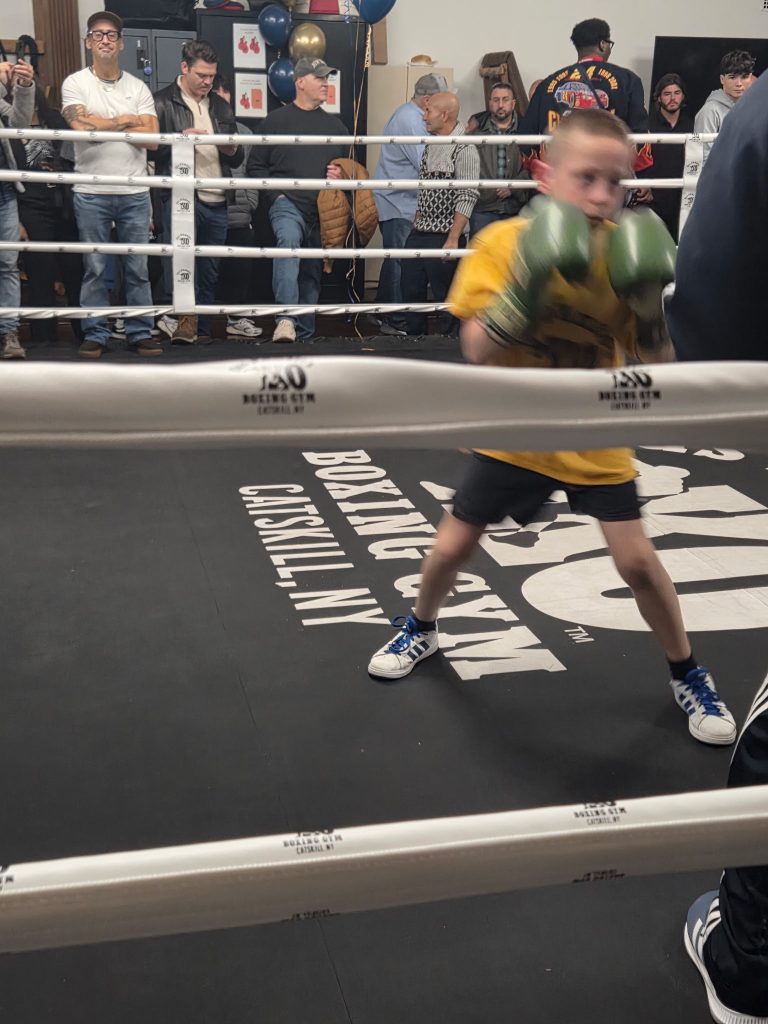
’Who is that,’ I asked to the person seated adjacent to me.
”That’s my son.”
’You’re kidding?’ was my only retort, laced with serendipity.
”I’m not kidding, he said with a noble smile. His name is Jack Kendrick, he is nine years old, and his plan is to someday be the Heavyweight Boxing Champion of the World.
’How did you end up in Catskill New York on the day the champ was in town? Was today premeditated?’ I asked like a reporter who just found his story.
”We are from across the pond. This was a planned trip in coordination with Mike Tyson’s camp. We have been in Catskill New York for two weeks training in the gym and preparing to meet with Mike after the ceremonies are over.”
Wow., ‘of course’ I said to the air in front of me. I sat there watching a young boy “peek-a-boo and pop” like a young Floyd Patterson under the watchful eye of Mike Tyson in the gym named after Cus D’Amato.
The full circle of Cus D’Amato’s legacy was closing on this early November day in Catskill, New York. It was the day after Halloween, the day before daylight savings , and on the day that later on we’d all get to watch a game seven of Baseball’s World Series. But this afternoon the great boxers, past, present, and future were there to pay honor to Cus D’Amato.
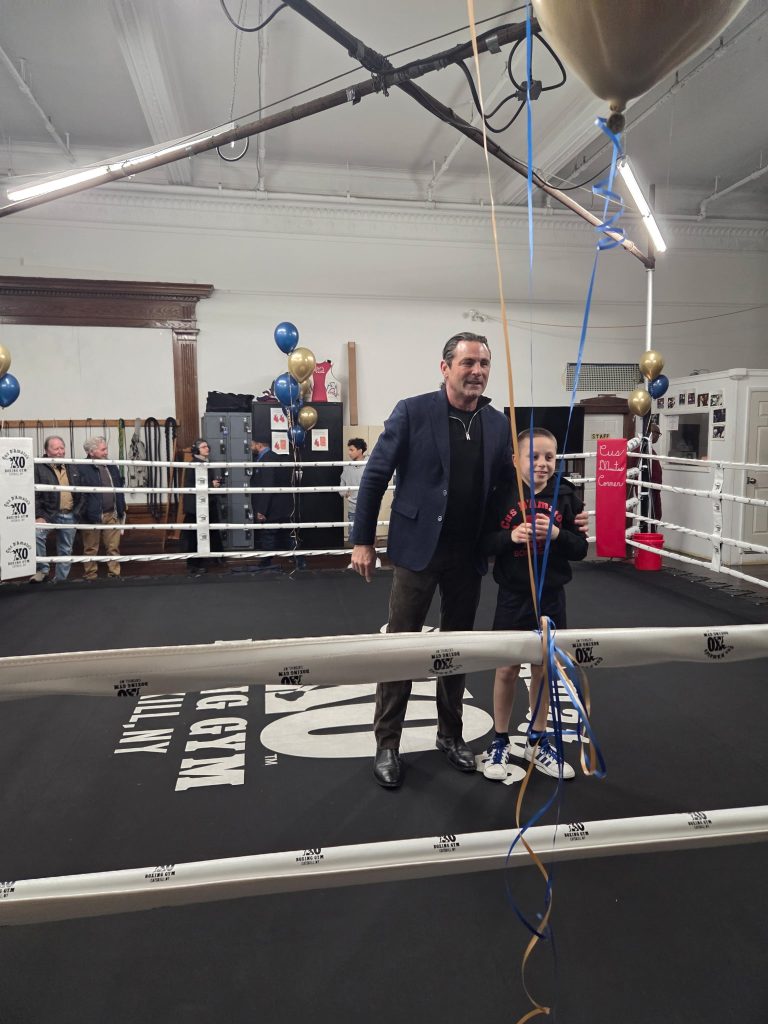
D’Amato has been deceased nearly 40 years. Last Saturday he was brought back to life by the men who he had guided to a purposeful journey. Men, who at the turning points in their adolescence were guiding inside the confines of a boxing ring above a police station. Cus D’Amato’s legacy continues: From Floyd Patterson to Jose Torres to Iron Mike Tyson to Jack Kendrick, a new fresh breath of brawler in the making.
”My son is modeling his style around Cus’ peek-a-boo and defend,” Ian Kendrick was talking with the pride of a father whose mission was guiding his son to his dream. The kid with the quick hands was making the alluring smacking of glove to glove right in front of Tyson’s onlooking gaze.
The future champ auditioned in front of the old champ, while Cus D’Amato took it all in from above.
